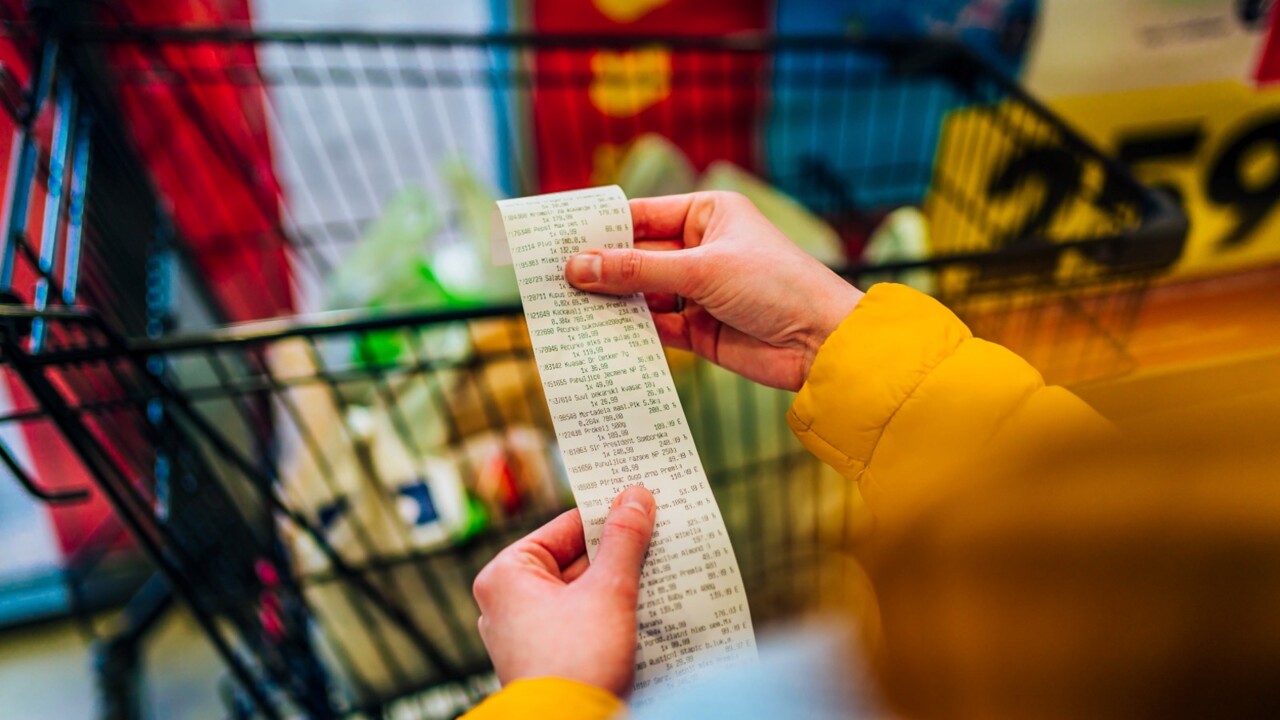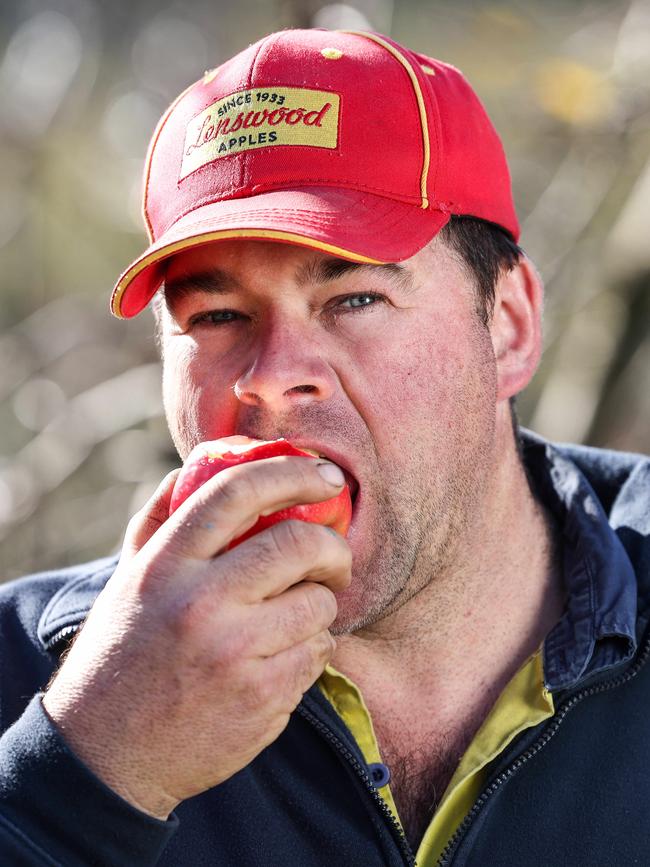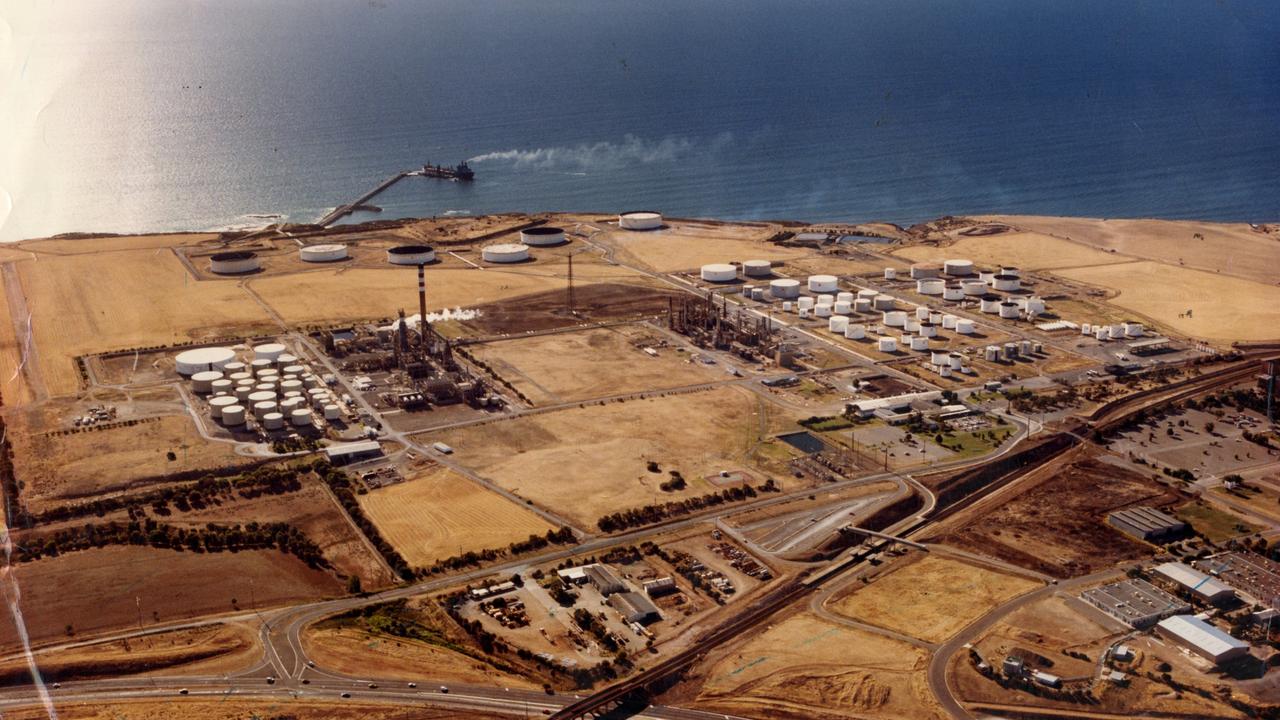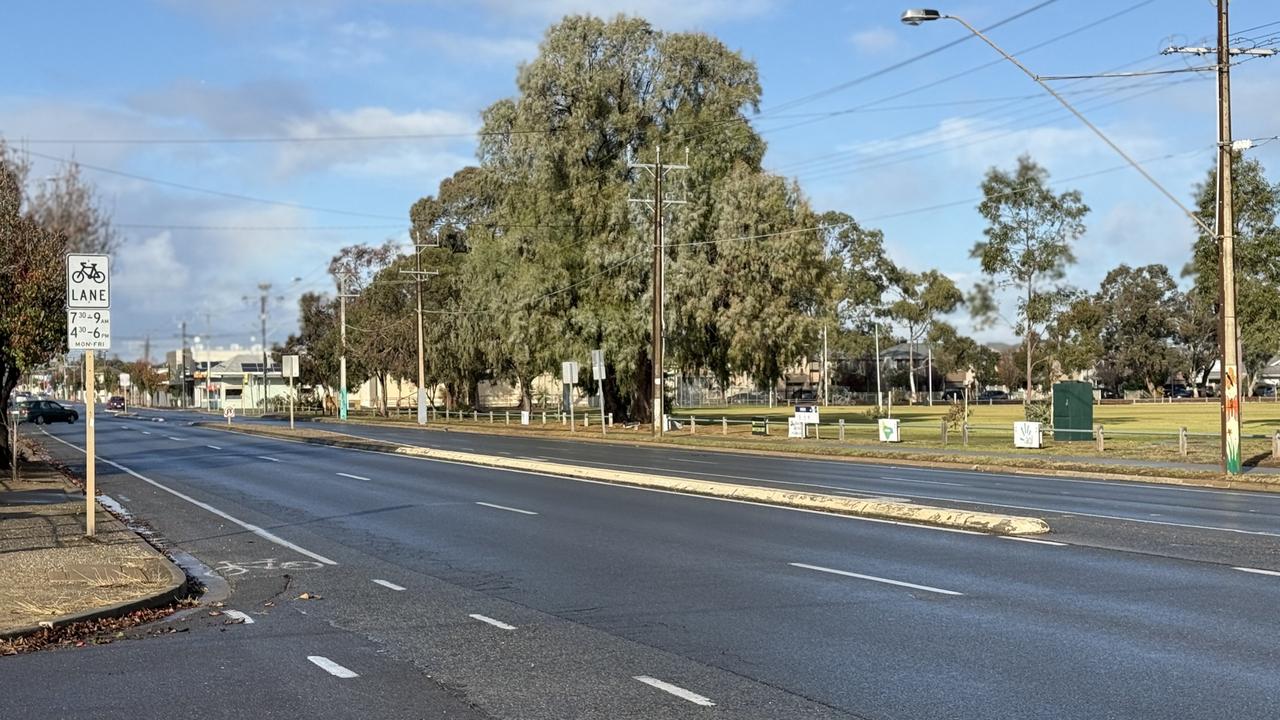AG & HC Mason’s Noel Mason foresees mechaises future for Adelaide Hills apples
The industry in the Adelaide Hills will need to undergo major changes to survive soaring labour costs of Australia’s supermarkets, this farmer says.

SA News
Don't miss out on the headlines from SA News. Followed categories will be added to My News.
A national award-winning Hills apple grower says automation may be the key to survival as the apple industry struggles with rising production costs and stagnant apple prices.
Noel Mason, of AG & HC Mason, said his production costs had doubled over the past decade with labour now constituting around 60 to 70 per cent of expenses.
“Everything is pretty much by hand at the minute, so that’s the big one,” he said.
While Mr Mason uses the latest innovations to improve the productivity of his orchards, ultimately he sees mechanisation and eventually, robotic automation, as the way forward.
“There’s plenty of innovation out there to mechanise some of the operations,” he said.
“Then there’s high tech software and robotic type technology that will come in to use sometime in the future.
“When we plan a new orchard, we’ve got that in mind, so hopefully we will be ready.”
His comments come as fellow grower Ian Plummer – a fifth generation Hills farmer – left the industry after his family farmed apples for nearly 120-years.
He blamed soaring labour and production costs, red tape around quality control requirements, and a price squeeze from the major supermarkets as the main factors driving down the industry.


He’s sold off most of his orchards and fears other growers in the region are likely to follow suit.
Head of Government Relations and Advocacy at Apple & Pear Australia Ltd, Jeremy Griffith, said robotic automation was a technology that the entire horticulture sector was not only looking towards but hoping for.
And while there has been significant innovation in the mechanisation of tasks, he admits full robotic automation is still a “fair while off”.
“We’ve seen trials and there’s definitely work towards that area,” he said.
“We are seeing orchards being laid out in a certain way so that when we do have automation coming in, orchards can utilise the technology.
“But at this point in time, we haven’t seen any significant levels of automation in terms of automatic picking.”
Back in the Adelaide Hills, Mr Mason explains that the apple industry is in “a state of depression”.
Yet, despite the sharp rise in expenses, growers seem unable to pass on those costs to the retailers.
“We just grow really good fruit, but we’re just not getting the return to the farm that we need to be getting,” Mr Mason said.
“Our costs have probably doubled but our return certainly hasn’t.”
Mr Griffith’s explains it’s a problem felt across the entire horticulture sector.
“I sit on the National Farmers Federation Horticultural Council,” he said.
“I have seen data sets that show that growers have not had a price increase for the last 15 years.”
But both Woolworths and Coles reiterated the main factor driving the market price for apples across the country – and fruit and vegetables more broadly – was supply and demand.
However, a Woolworths spokesperson said they were “engaging in collaborative conversations about price” with their regular suppliers.
“We’re always working to strike the right balance so suppliers receive a fair market price and our customers have access to high quality and affordable fresh produce,” they said.
A Coles spokesperson said there were a number of other factors contributing to the overall price of produce, “including availability, transport, labour, packaging, operating and supply chain costs”.
“We work hard to provide the best value for our customers while providing fair returns to our growers,” they said.
But Mr Griffith believes more needs to be done to level the playing field for growers.
“The ability for growers to pass on legitimate production cost increases to the retailers is a critical issue,” he said.
“There’s a massive failure in the market and this failure has been going on for 20 plus years, and it’s only coming to a head now.”





